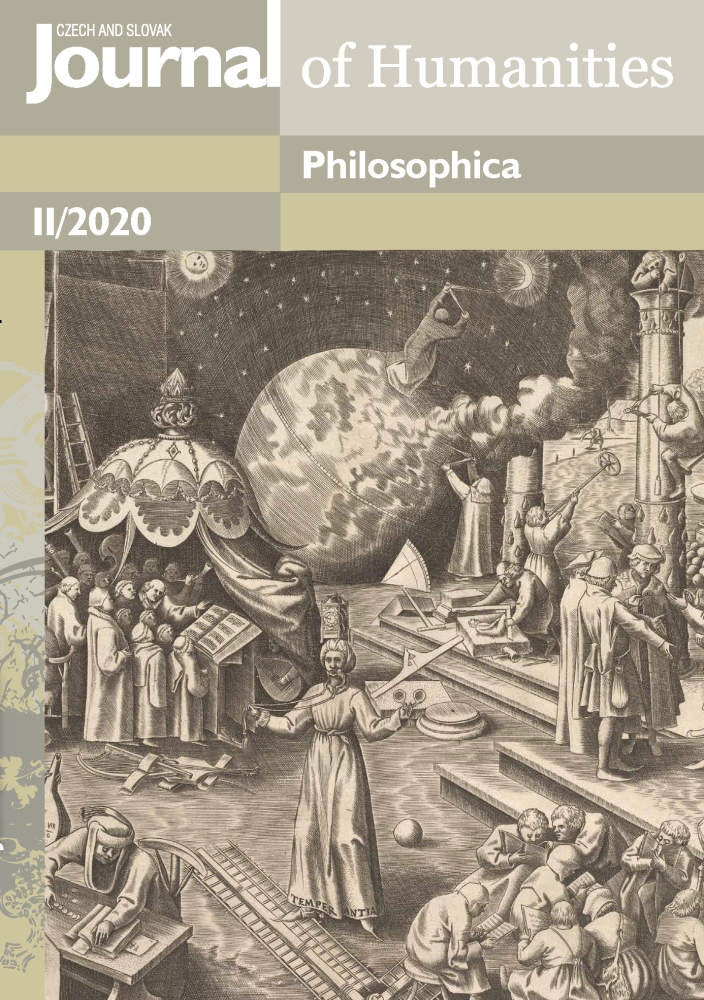Issue for download
Content
Panos Eliopoulos
The Ethical Dilemmas of Euripides’s Hippolytus: Sophrosyne and Shame
Abstract
In this paper we attempt a philosophical analysis of Euripides’s Hippolytus, first presented in 428 BC. The characters of this play face strong ethical dilemmas, which make their conflict unavoidable. However, there is an employment of certain ethical aspects in the thought of Euripides that go beyond the sphere of deontological observations. While for Hippolytus, there is a normative context regarding his life, a plan that does not tolerate any change or difference, Phaedra is consumed with passions that are improper for a royal wife and stepmother. Euripides takes the opportunity to explore how the ethical is imbued in the metaphysical only with a view to transforming the powers of the gods and Fate into the realm of human action where the capability for rational choice is still preserved. Thus, human virtue remains the central characteristic that can alter the circumstances. Sophrosyne, one of the major virtues, is not easy to attain; in this tragedy its different interpretations are what causes most of the chaos and pain
Evi Zacharia
Commentary on Alcibiades I: Towards an Explanation of Human Perfection
Abstract
This paper examines Proclus’ exegesis on love in the platonic dialogue First Alcibiades. The notion of providence [πρόνοια], return [επιστροφή] and his own demonology, entirely inspired by the Neoplatonic spirit, contribute to a new approach of love by merging political (considered as public life) with personal life. Moreover, as I am going to analyse in this paper, Proclus captures not only Socrates’ dominant role of the lover but also the way that he applies his erotic knowledge to that dialogue in order to lead Alcibiades to perfection.
Nikolaos Tagkoulis
Plethon and Machiavelli: On the Same Side of the “Mirror”?
Abstract
The aim of this paper is to revisit the role of one of the greatest fi gures of Byzantine philosophy, George Gemistos Plethon (1355/60–1452/4) in a reconfi guration of Platonic tradition of the late Byzantine world. Plethon’s relationship with the previous tradition exhibits intriguing and profound affinities with Niccolò Machiavelli (1469–1527). Specifically, he embraces a pragmatic approach to the exercise of political power, the contribution of religion in the sociopolitical organisation of the state, and the qualities of an ideal ruler. Writing in response to the decline of the Byzantine Empire, Plethon’s project is similar to Machiavelli’s endeavour to unite the fragmented Italian states.
Jan Herůfek
Jewish Sources in Pico’s Concept of Felicitas Supernaturalis
Abstract
The main goal of this study is to focus on Pico’s concept of felicitas supernaturalis, especially on his idea of divine wisdom, realized in the form of an eternal Logos (i. e. the Second Person of God / Christ). In this context we must point out that Pico was also drawn into a polemic bout with his contemporary Jewish intellectual Y. Alemanno, who presented a similar concept of the old wisdom (Hokhmah) in his works (e. g. Hay ha-ʽOlamin). Using an analysis of Pico’s texts (e. g. Conclusiones, 1486, Apologia, 1487, and Heptaplus, 1489) I examine his syncretic model of the eternal Logos (inspired by Aristotelian and Neoplatonic philosophy as well as by Jewish and Christian mystical tradition (e. g. Dionysius, Abulafi a, Recanati).
Vasileos Syros
Cosmopolitan Ideas in Early Modern Europe and the Jewish Tradition
Abstract
This article aims to shed new light on Early Modern Jewish discourse on cosmopolitanism, by focusing on the works of Simone Luzzatto (ca. 1580–1663), a rabbi and prominent intellectual figure of Venice’s Jewish community. I will reconstruct Luzzatto’s theory of cosmopolitanism and address how he engages with Greek, Roman, and Early Modern European philosophical literature on this theme. I will also show that Luzzatto’s discussion of cosmopolitan ideas is linked to the advocacy of religious tolerance towards the Jews and as a general philosophical position.
Richard Blum
Frederick Douglass and Philosophy
Abstract
Frederick Douglass’ Narrative was intended and has been read as a first-hand document on slavery and the power of an individual to gain freedom. It contains a wealth of information on the structure of American slavery and the means to overcome it. For a philosopher, the first-person narrative also contains valuable reflections and indications on what it means to be human in spite of, and in the face of, systematic de-humanization. In the first place, Douglass gives indications on what constitutes human dignity, which is contextualized in religion and the self, body and mind, altruism and morality. Being (potentially) sold and selling one’s physical labor turns into an instrument of liberation. The famous master-slave dialectics is depicted in Hegelian patterns in the fight with Covey. Resistance appears as a quasi-natural feature of being human. Therefore, this document of a Maryland slave and fugitive can be read as a document of far-reaching topics of philosophy that merit generalization. Such a reading has the effect that the reader cannot escape by way of historicism (“that happened to that man back then”) but can apply the fruits of Douglass’ reflections to the understanding of humanity as such.
